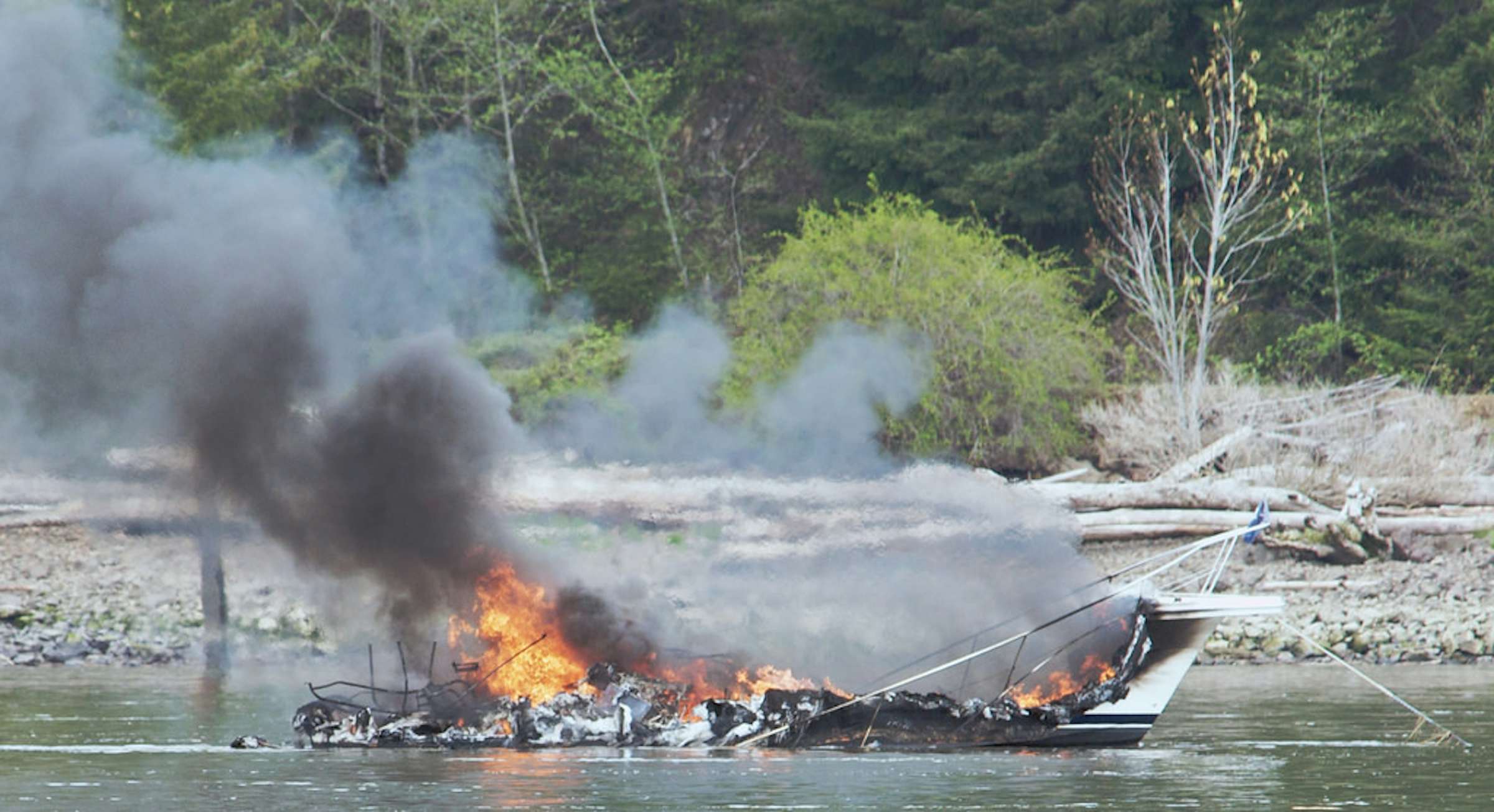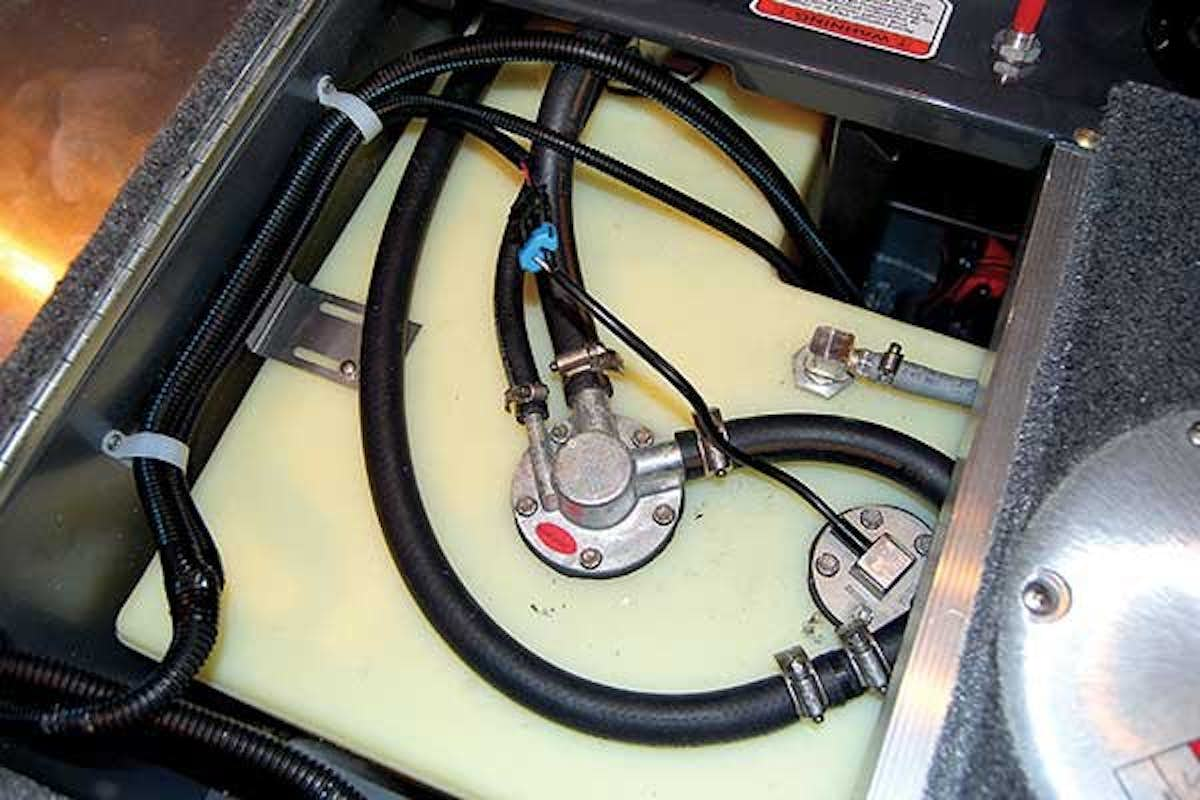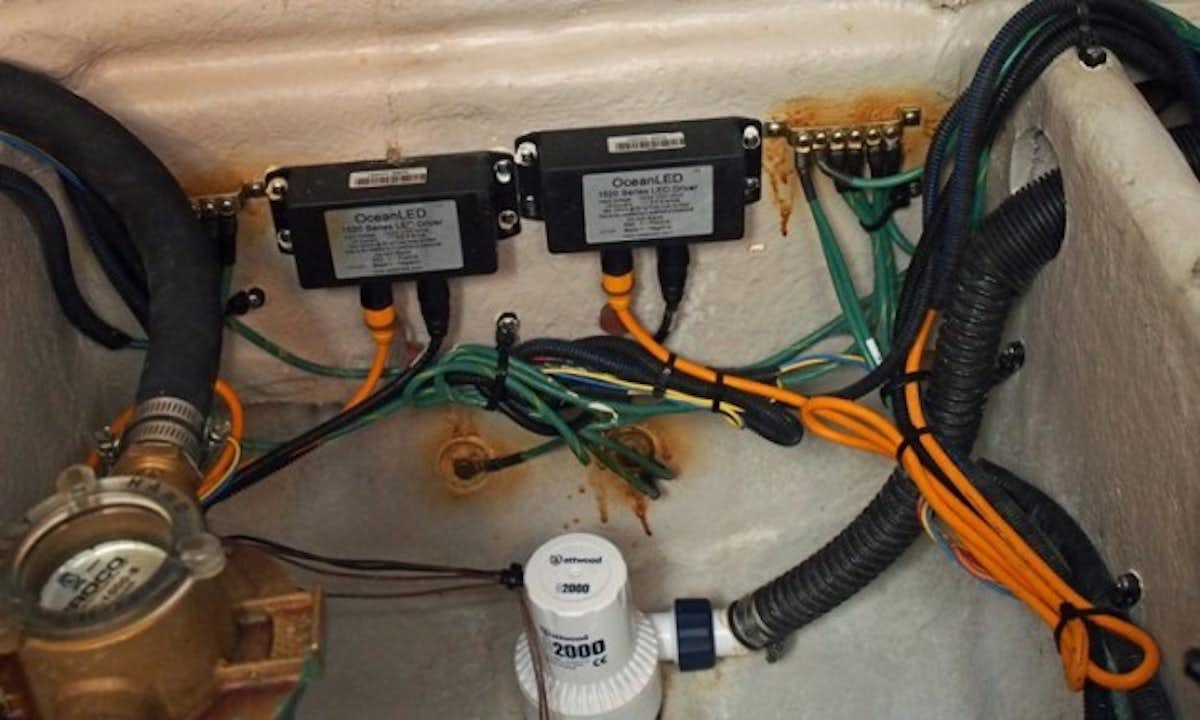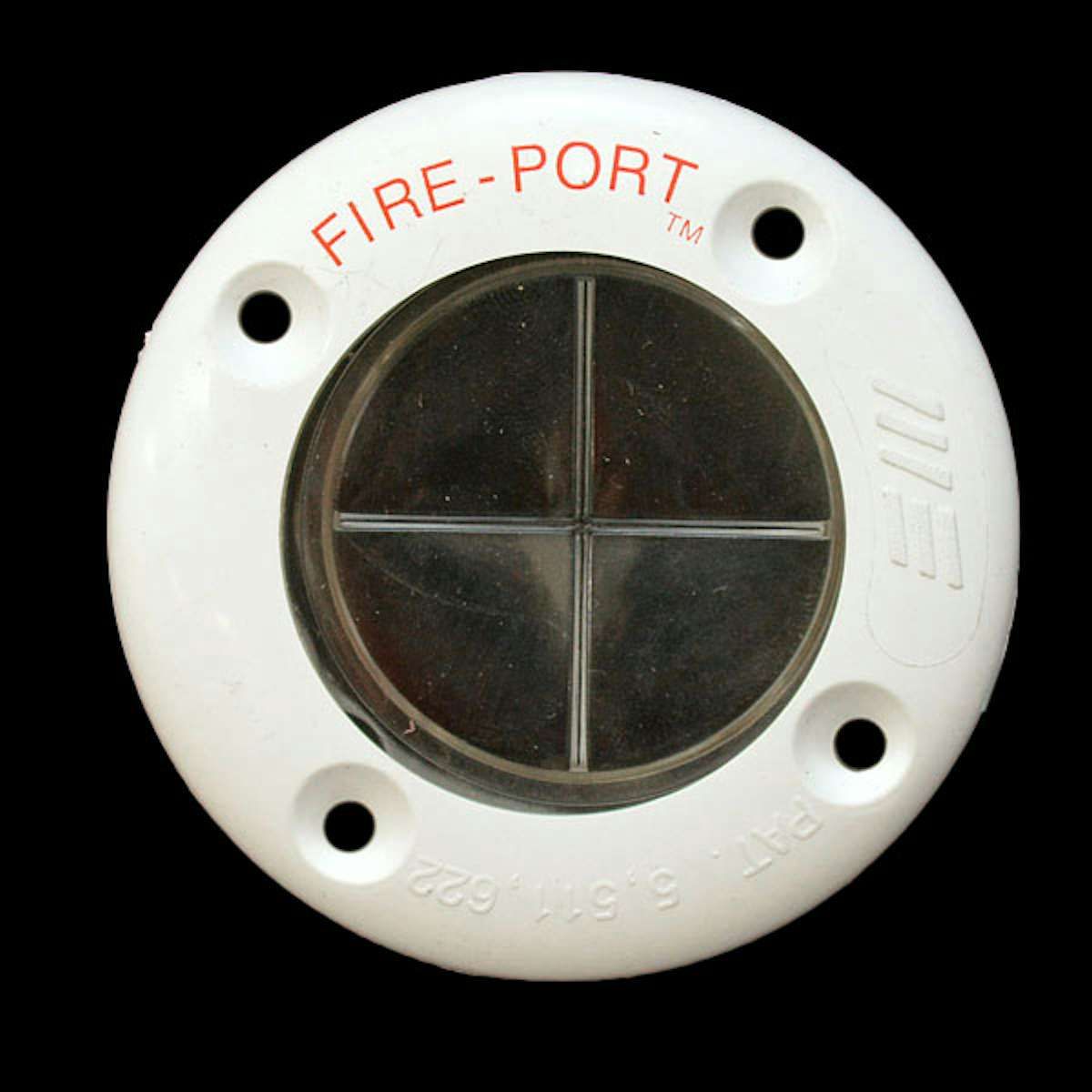
Tips for preventing and fighting boat fires
It's any boaties nightmare to see their boat on fire and can be a cause of loss among quite a few insurance claims.
Risks levels tend to increase with the age of the vessel. This makes it critical to inspect the onboard system and fire-safety hardware frequently.
Here are some tips on how you can prevent boat fires from happening.
1. Safety test the Tank and Hoses

Gas fumes can bring about terrible onboard blasts and flames. Luckily, these are uncommon, especially on new vessels. However, you should never underestimate fire security. Give your fuel tank and all hoses and connections a thorough inspection regularly, or ask a qualified marine specialist to do so.
On older vessels, fuel can erode hoses, making them delaminate and leak. Ensure you replace old hoses with new fit for purpose hoses, and double clamp all connections with stainless-steel hose clasps.
Regular checks of the fuel system are very important. Old fuel tanks are inclined to corrosion that may result in leaks. Excessive exposure of tanks in the water may lead to the development of pinholes.
2. Utilise Fuses and Breakers

Wires and circuit breakers should be put as near the power source as possible (within 25 cm of wire length).
Adding fuses and breakers to serve as your silent watchmen, prepared to yield themselves or to trip and keep a hot wire from beginning a fire. Use the correct sized circuit or breaker, as recommended by the manufacturer.
3. Overhaul Corroded Connections

Corrosion is an unavoidable on saltwater boats and is a fire-security issue. It is important that you go through your electrical framework annually (or request that an expert does) and look for corroded connections, terminals and wires. Change any components showing signs of corrosion because this will only get worse over time.
4. Set up Fire Ports

Many modern boats include fire ports to get to engines and other enclosed spaces, allowing you to insert the nozzle of the fire extinguisher through the port offering protection by not being exposed to the actual fire.
Time is of the essence when fighting a fire, installing hatches and fire ports in the boat allowing you to best fight the fire and hopefully come through unscathed.